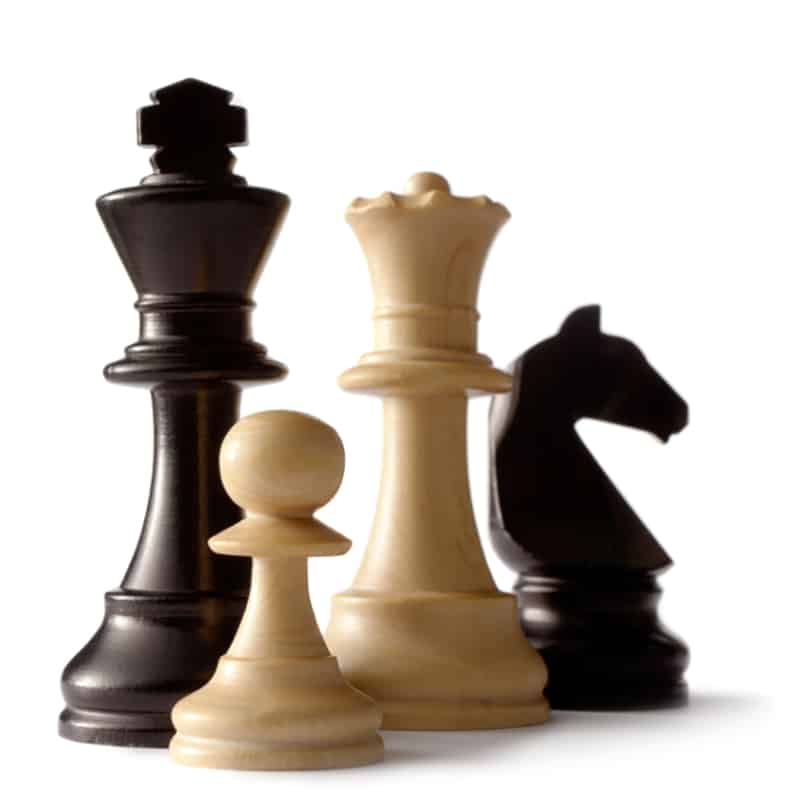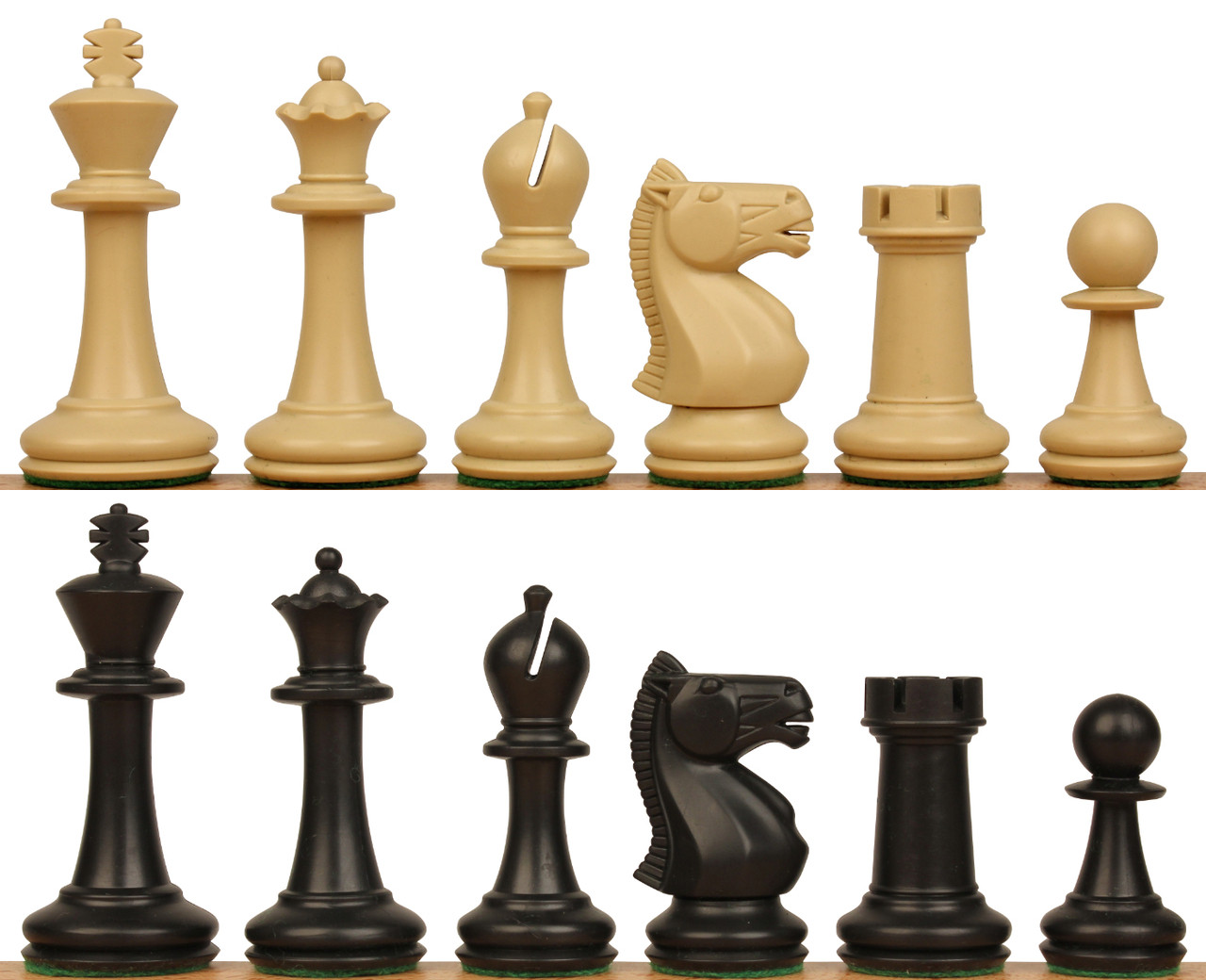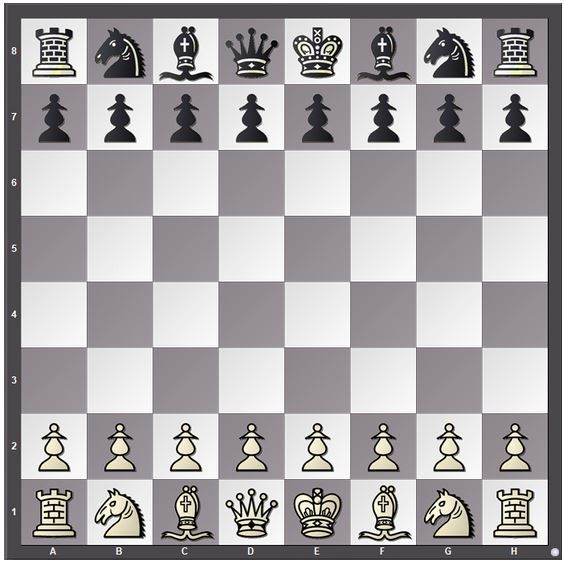Why You Should Play Chess: The Advantages of Engaging in This Timeless Pundit Obstacle
Chess is greater than a basic video game; it acts as a rigorous psychological exercise that develops numerous cognitive abilities. Gamers take part in strategic thinking and develop analytical capabilities, which can have lasting benefits in everyday life. The self-control needed for enhancement cultivates patience and durability. Yet, truth essence of chess lies not just in its intellectual needs however in the connections it fosters within an area. Exploring these dimensions reveals much regarding why chess stays ageless.
Enhancing Cognitive Abilities
Playing chess significantly boosts cognitive skills, making it a useful activity for people of all ages. The game demands tactical thinking and foresight, needing gamers to anticipate their opponent's steps while creating a winning strategy. This mental workout hones emphasis and focus, important elements of cognitive feature.

Chess motivates imagination, triggering gamers to explore innovative tactics and unconventional strategies to the game. As they navigate the chessboard, individuals develop patience and strength, essential attributes for cognitive growth. On the whole, the diverse cognitive benefits of chess make it an improving quest, promoting long-lasting imagination and intellectual engagement.
Boosting Problem-Solving Abilities
Countless researches have shown that involving in chess can greatly boost analytic capabilities. The game calls for gamers to examine complicated positions and prepare for the opponent's moves, fostering important assuming skills. As they browse different scenarios, chess players develop the capacity to evaluate multiple end results and make tactical choices under stress. This process boosts their ability to approach real-life problems with a structured state of mind.
Chess advertises the identification of patterns and the application of rational thinking, skills that are crucial in effective analytic. Gamers find out to analyze risks and benefits, improving their judgment in unsure circumstances. The repetitive nature of chess play strengthens these skills, enabling people to move their improved problem-solving abilities to academic and expert contexts. Eventually, chess works as a useful device for anyone seeking to hone their logical skills and improve their overall cognitive functioning in challenging situations.
Growing Patience and Discipline
While engaging in chess can be an interesting experience, it additionally requires a significant degree of persistence and self-control. Gamers have to learn to carefully consider each move, weighing prospective outcomes and techniques. This thoughtful strategy cultivates a state of mind that values long-lasting success over instant gratification. In chess, hasty choices usually result in undesirable consequences, reinforcing the relevance of taking one's time to examine the board and expect a challenger's feedbacks.

Discipline is more cultivated through constant technique and study. Gamers frequently commit hours to enhancing their abilities, studying techniques, and assessing past games. This dedication to mastering the video game infuses a sense of responsibility and willpower, important qualities that expand beyond the chessboard. Eventually, the mix of patience and discipline not only improves a gamer's chess capacities yet likewise adds to personal development, gearing up people with essential tools for navigating difficulties in various facets of life.
Cultivating Creative Thinking and Imagination

Planning moves includes not just logic however additionally the capability to expect a challenger's responses, encouraging players to imagine several paths and choices. As gamers trying out various tactics, they learn to innovate and adjust, boosting their imaginative problem-solving skills.
In addition, the game's intricacy invites players to discover non-traditional ideas and strategies, leading to personal designs of play. This exploration supports a sense of imaginative expression, as each gamer crafts their own method to difficulties on the board. Eventually, chess ends up being a canvas for creative thinking, enabling people to reveal their one-of-a-kind perspectives while creating their creative capacities
Structure Social Connections and Community
Playing chess supplies possibilities for individuals to network via competitions and regional chess clubs. These environments cultivate connections among gamers, developing a sense of recreation center around a shared enthusiasm. Taking part in these activities not only boosts abilities yet also constructs long lasting partnerships.
Networking Through Tournaments
When individuals take part in chess events, they frequently discover themselves immersed in a vivid community of similar people. These occasions official site provide a superb platform for gamers to build connections, share strategies, and celebrate their interest for the video game. Taking part in pleasant competition cultivates friendship, as players from diverse backgrounds come with each other to challenge each other. Networking possibilities are plentiful, with many participants creating lasting friendships that prolong past the chessboard. Additionally, these competitions typically bring in enrollers and chess enthusiasts, better improving the possibility for expert links. As gamers involve in conversations about strategies and experiences, they develop a network that can bring about future collaborations and chances within the chess world and beyond.
Local Chess Clubs

Giving a Fun and Engaging Difficulty
Chess provides a distinctively boosting experience that captivates gamers of any ages, as it integrates calculated reasoning with the excitement of competition. This classic video game offers a compelling difficulty, encouraging people to believe seriously and creatively. Each match unravels as a fight of wits, where gamers need to expect their opponent's actions while designing their very own strategies.
The intellectual involvement chess offers is matched by its capacity to amuse. Players commonly discover themselves submersed in the game, shedding track of time try these out as they navigate intricate positions and tactical problems (Chess). This enhanced focus cultivates a sense of achievement, particularly when a hard step leads to success
Chess promotes social interaction, allowing players to bond over common experiences and difficulties. The video game's countless variations assure that no two sessions are alike, keeping participants passionate to improve their abilities and approaches. This dynamic blend of difficulty and satisfaction makes chess an irresistible pursuit.
Frequently Asked Concerns
Can Chess Be Played Online or Just in Individual?
Chess can be played both online and face to face. Online platforms provide players the ease of completing versus challengers worldwide, while in-person video games cultivate social communication and physical existence, enhancing the general description experience.
What Age Is Finest to Beginning Learning Chess?
Experts suggest that kids can begin discovering chess as very early as age five or six. At this age, they can comprehend fundamental principles, enhancing cognitive abilities while cultivating a love for the video game that lasts a life time.
Are There Chess Tournaments for Beginners?
Yes, there are chess events specifically developed for novices. These events give a helpful setting for novice players to get experience, improve their skills, and appreciate the competitive spirit of chess without facing sophisticated opponents.
Exactly how Long Does It Take to Come To Be Skillful at Chess?
Becoming skillful at chess usually requires regular practice over several months to years. Factors such as private devotion, prior experience, and research of approaches greatly influence the moment required to reach a proficient level.
What Resources Are Available for Understanding Chess Techniques?
Numerous sources exist for discovering chess approaches, consisting of on the internet tutorials, books by distinguished authors, chess applications, and interactive web sites. Lots of gamers likewise gain from joining local clubs or taking part in on the internet forums for real-time understandings.